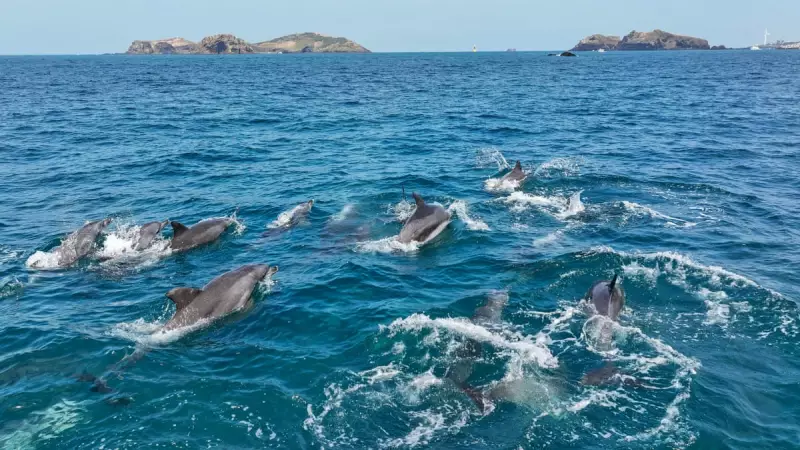
In a historic move that could redefine animal rights globally, South Korean activists are campaigning to grant dolphins legal personhood on Jeju Island. The case, which has drawn international attention, challenges long-standing legal frameworks that classify animals as property rather than sentient beings with inherent rights.
The Legal Battle for Cetacean Rights
At the heart of the controversy is a pod of dolphins residing in waters off Jeju Island, a UNESCO World Heritage site known for its rich marine biodiversity. Activists argue these highly intelligent creatures deserve legal protection from capture, exploitation, and harm.
"This isn't just about dolphins," explains marine biologist Dr. Hae-Min Park. "It's about recognizing that non-human animals with complex cognition and social structures shouldn't be treated as mere resources."
Precedent-Setting Implications
The Jeju case follows similar efforts worldwide:
- Argentina's 2016 ruling recognizing an orangutan as a "non-human person"
- India's declaration of dolphins as "non-human persons" in 2013
- New Zealand's granting of legal personhood to the Whanganui River in 2017
Legal experts suggest a favorable ruling could impact:
- Marine park operations
- Commercial fishing practices
- Coastal development projects
Local Opposition and Cultural Factors
The campaign faces resistance from some Jeju residents, particularly in the fishing community where dolphin hunting has cultural roots. "We've coexisted with dolphins for generations," says fisherman Kim Joon-ho. "This legal approach threatens our livelihoods."
Environmental groups counter that sustainable ecotourism centered around dolphin watching could prove more profitable than hunting in the long term.
What Comes Next?
The case is expected to reach South Korea's Constitutional Court within months. A ruling in favor of dolphin personhood would:
- Require new protections for marine mammals
- Set a precedent for other intelligent species
- Potentially reshape international marine conservation laws
As the world watches, Jeju Island finds itself at the forefront of a growing movement to expand legal rights beyond the human species.





